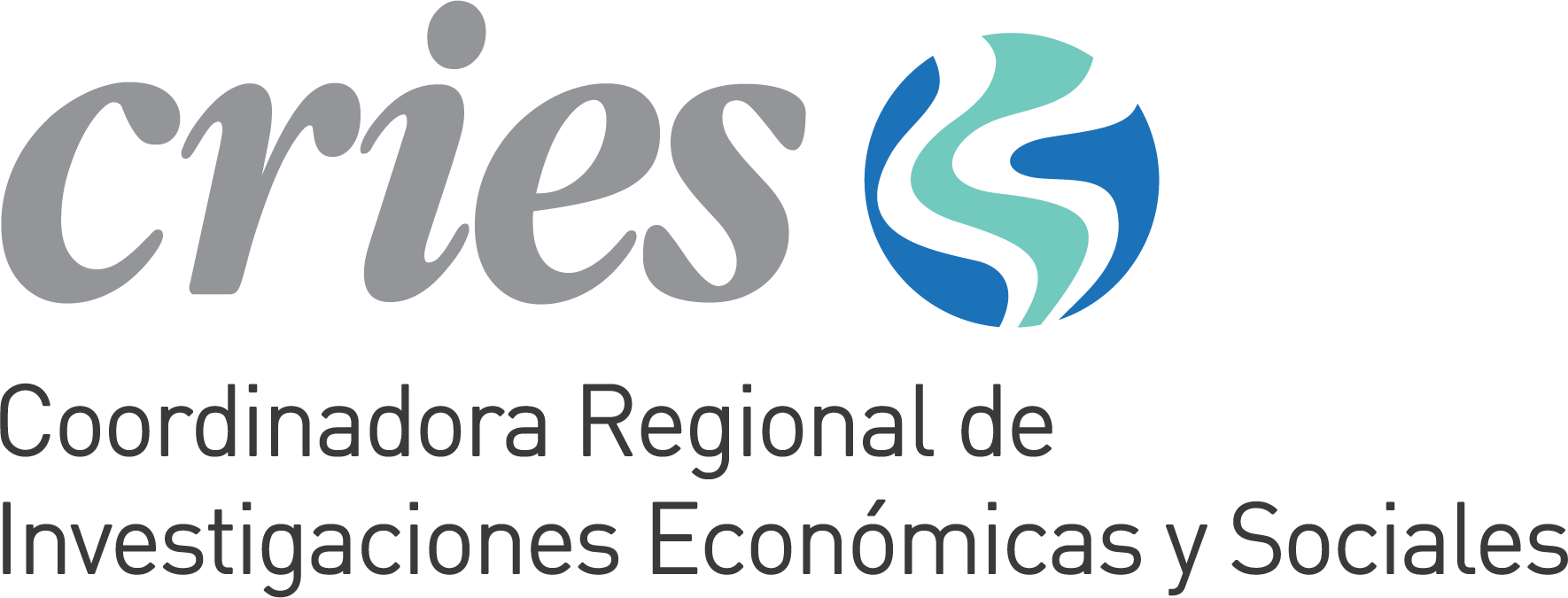Mass Violence and Atrocities | Discussion Takeaways
II. Regional Responses to the Crisis in Venezuela: Safeguarding the Human Rights of Refugees and Migrants
DownloadSpanish Translation (cries.org)
Venezuela is experiencing a major political, economic, and humanitarian crisis, and the effects of this crisis have a regional impact. As the Venezuelan government continues taking antidemocratic actions, the internal economic collapse accelerates, violations of the rights of Venezuelans increase, shortages worsen, and the overall situation becomes increasingly unstable, large segments of the population are forced to leave Venezuela to escape the domestic crisis and search for better opportunities. Two of the main receiving countries are Colombia and Brazil, which have limited experience and ability to take action when faced with a refugee crisis of this magnitude. Additionally, both of these countries have serious shortcomings in ensuring that the human rights of migrants and refugees are protected.
In this context, the Stanley Center, CRIES (Coordinadora Regional de Investigaciones Económicas y Sociales), the Universidad Javeriana, and the Instituto Pensar organized a February 27–28, 2018, workshop in Bogota, Colombia. Titled “Regional Responses to the Crisis in Venezuela: Safeguarding the Human Rights of Refugees and Migrants,” this second workshop focusing on the Venezuelan crisis and its regional impact brought together experts on human rights, conflict, migration, and foreign policy, as well as representatives of civil society organizations, academics, and international organization officials from six countries in Latin America and the Caribbean.
Participants analyzed the key characteristics of the Venezuelan migration crisis, the latest trends in Venezuelan migration to Brazil and Colombia, and the role of regional and international actors in this crisis. They also developed relevant guidance for public and private decision makers in the Americas and formulated a series of recommendations for local and national governments, multilateral agencies, and civil society organizations in the region.
This policy memo reflects the workshop discussion and includes collectively defined elements about the characteristics of the crisis and recommendations for policy makers and civil society organizations at the national and regional levels.
Partners

Related Publications
Mass Violence and Atrocities
IV. Regional Responses to the Venezuelan Crisis: Displacement, Civil Society, and Extraregional ActorsMass Violence and Atrocities
III. Regional Responses to the Crisis in Venezuela: Strengthening Civil Society Capacity and Multilateral InitiativesMass Violence and Atrocities
I. Regional Responses to the Crisis in VenezuelaRelated Events
May 31, 2018 - June 1, 2018
Genocide and Mass Atrocity Prevention and Protection of Groups in Vulnerable SituationsSeptember 26-28, 2018
Regional Responses to the Crisis in Venezuela: Strengthening capacities of civil society and multilateral initiatives